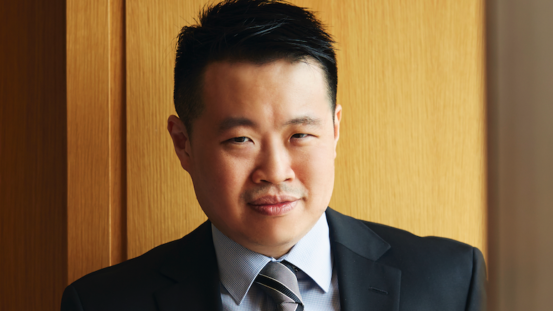With the conversation of ESG slowly gaining traction in Asia, a number of wealth managers have included sustainable investment strategies on their agenda.
UBS Wealth Management, for example, launched its sustainable investing mandate to Asia-Pacific clients in April last year and has since gathered around $550m in assets.
Deutsche Bank Wealth Management has also added ESG as one of its key investment themes, although it acknowledged that it is still not a massive topic in Asia when compared to the rest of the world.
UOB Private Bank is one of the latest banks to explore ESG investment. But the lack of consistent ESG definitions makes it a challenge for the bank to come up with an ESG strategy for clients, according to Wong Meng Keet, Singapore-based head of managed product solutions.
“The main challenge is the lack of consistency in what clients want from ESG investing and how fund managers define ESG,” he told ESG Clarity‘s sister title, Fund Selector Asia.
Not every client looks at ESG the same way, according to Wong. “For example, one very large family office told us they are vegetarian. So for them, ESG is anything that has nothing to do with meat production.”
Clients also find it difficult to measure the success of an ESG fund. “Clients would ask ‘how am I really cutting down on global warming by buying into this particular fund?’,” Wong said.
The issue of measuring impact has been a concern among high net worth individuals globally, according to a survey conducted by UBS Wealth Management. In Hong Kong alone, 82% indicated that it is hard to measure the impact of a product that has an ESG strategy.
Turning to fund managers, Wong said that some managers that claim to have an exclusionary ESG strategy are also not clear about their won ESG definitions.
Wong gave an example of a portfolio manager who excluded investments in alcoholic beverage companies. He turned down investment in a producer of baiju, a Chinese alcoholic beverage, but one of the portfolio’s top 10 holdings was a beer producer. Wong said the manager was unable to give a justifiable reason for the investment decision.
He acknowledged, however, that it is also difficult to gauge whether a company has good ESG practices:
“We know of a company which is one of the largest recyclers of paper and cardboard. However, most of their recycled goods are used for packaging cigarettes and tobacco products. Is that good or bad?”
MORE LIQUID ALTS
Separately, Wong said that the firm is looking at adding liquid private market funds to its platform, as clients are searching for more liquid products outside the traditional private equity space.
“This resolves a lot of issues that private banking clients have with the [liquidity issue] in private markets,” he said.
Wong explained that liquid private market funds give investors exposure to private equity, private real estate, private debt and private infrastructure. However, unlike traditional private market funds, the liquid products do not have a lock-up period and investors are able to redeem their investments on a monthly basis.
However, only a few firms are able to provide these kinds of products because of the complexity involved in creating a product that is both private and liquid.
“[The main risks for these products is] mismatch in underlying liquidity and the inability of the manager to meet redemption obligations,” he explained.
“Usually, only the largest fund managers are able to offer these products.”
NO SUB-SECTOR THEMES
Wong also weighed in on thematic funds, especially since a number of fund managers have been pushing out the products.
This year alone, at least 10 thematic products have been or are expected to be launched.
When choosing thematic products, Wong prefers those that have broader themes.
“What we don’t do is take sub-sector calls. So we don’t do, for example, robotics and artificial intelligence. We see those as too narrow.
“The most granular look we get is at the sector level, such as healthcare or technology. We prefer to let the fund manager take the discretion to be overweight in robotics, AI or facial recognition.”
DBS Private Bank also shares the same view and prefers broader themes, according to Pierre DeGagné, Singapore-based head of fund selection.
“Broad themes, such as environmental innovation, for example, are great. But I generally avoid buying one specific area as there isn’t flexibility or adaptability to change as investment opportunities evolve,” he said previously.
- This article first appeared on ESG Clarity‘s sister title, Fund Selector Asia.








